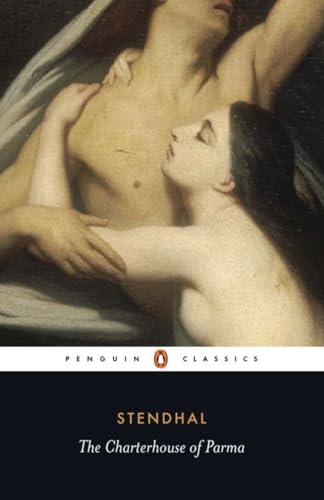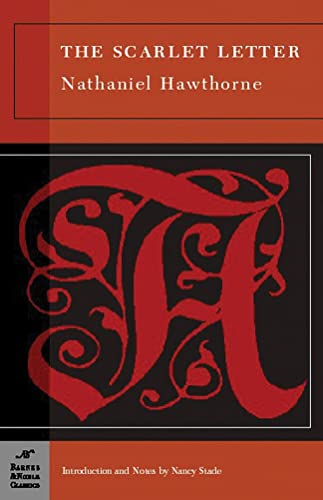19th Century Classic- Another View
Explore a curated list of 19th-century classic books with another view. Discover timeless literature and hidden gems from the 1800s that offer fresh perspectives.



Book
Persuasion
by Jane Austen
A delightful social satire of England's landed gentry and a moving tale of lovers separated by class distinction.



Book
The Posthumous Memoirs of Brás Cubas
by Machado de Assis
"Famous in his lifetime and still revered throughout Latin America, Machado de Assis has remained little known in the English-speaking world. By turns flippant and profound, The Posthumous Memoirs of Bras Cubas is the story of an unheroic man with half-hearted political ambitions, a harebrained idea for curing the world of melancholy, and a thousand quixotic theories unleashed from beyond the grave. It is a novel that has influenced generations of Latin American writers but remains refreshingly and unforgettably unlike anything written before or after it."--BOOK JACKET.


Book
War and Peace
by Leo Tolstoy
From Richard Pevear and Larissa Volokhonsky, the best-selling, award-winning translators of Anna Karenina and The Brothers Karamazov, comes a brilliant, engaging, and eminently readable translation of Leo Tolstoy’s master epic. • Nominated as one of America’s best-loved novels by PBS’s The Great American Read War and Peace centers broadly on Napoleon’s invasion of Russia in 1812 and follows three of the best-known characters in literature: Pierre Bezukhov, the illegitimate son of a count who is fighting for his inheritance and yearning for spiritual fulfillment; Prince Andrei Bolkonsky, who leaves behind his family to fight in the war against Napoleon; and Natasha Rostov, the beautiful young daughter of a nobleman, who intrigues both men. As Napoleon’s army invades, Tolstoy vividly follows characters from diverse backgrounds—peasants and nobility, civilians and soldiers—as they struggle with the problems unique to their era, their history, and their culture. And as the novel progresses, these characters transcend their specificity, becoming some of the most moving—and human—figures in world literature. Pevear and Volokhonsky have brought us this classic novel in a translation remarkable for its fidelity to Tolstoy’s style and cadence and for its energetic, accessible prose.